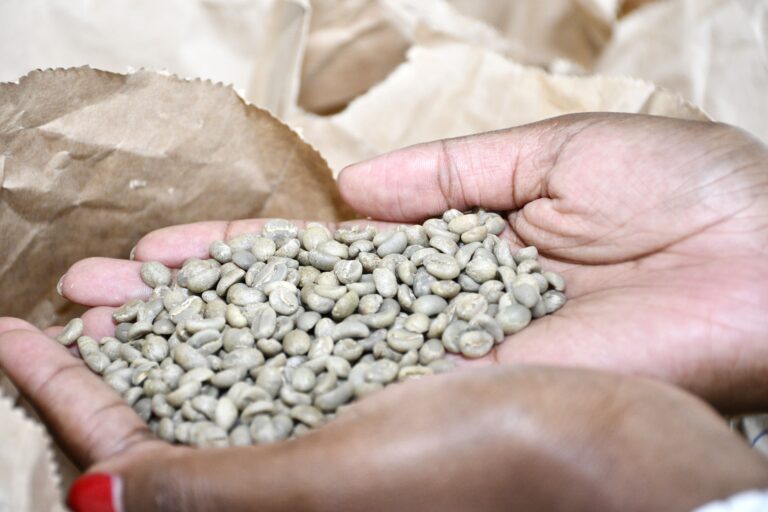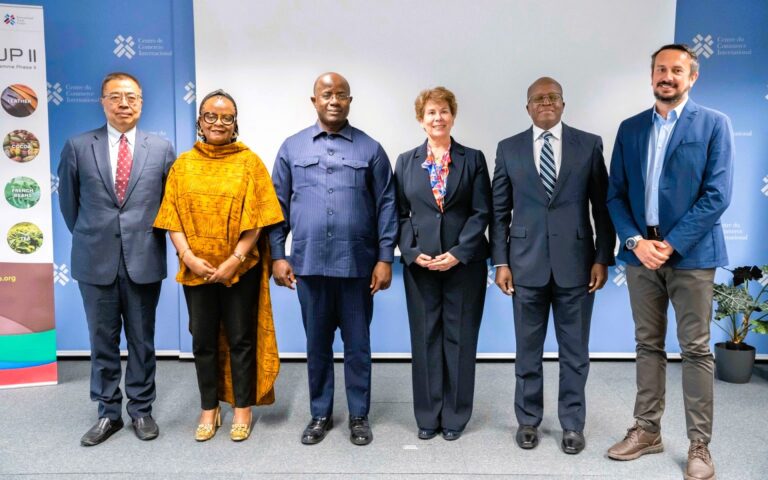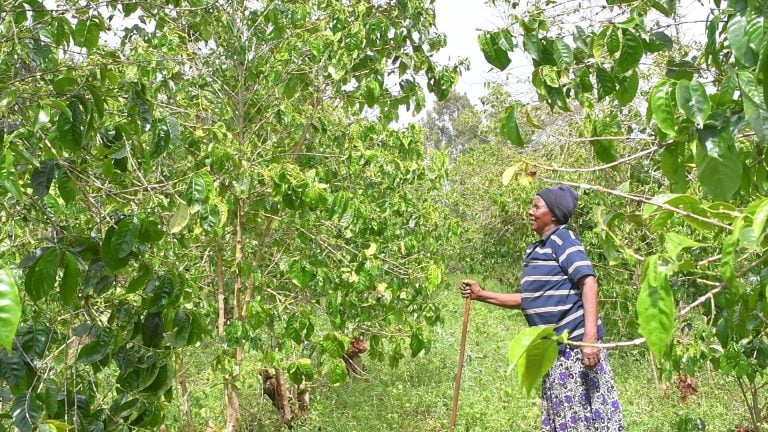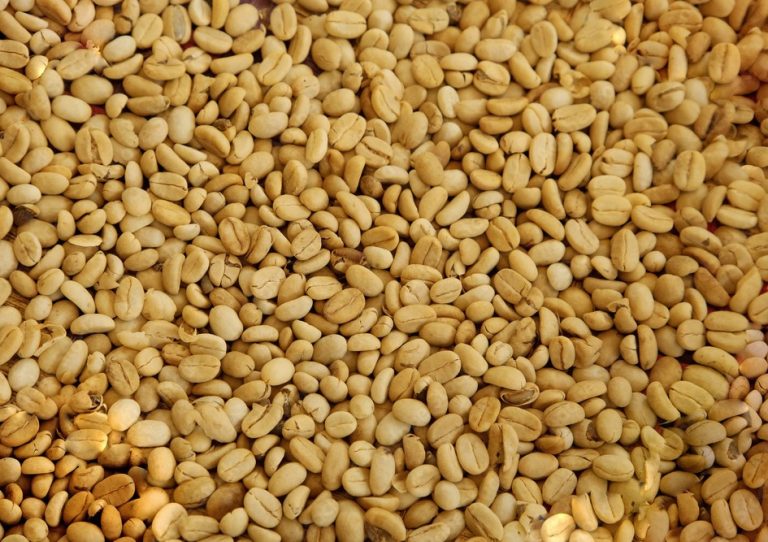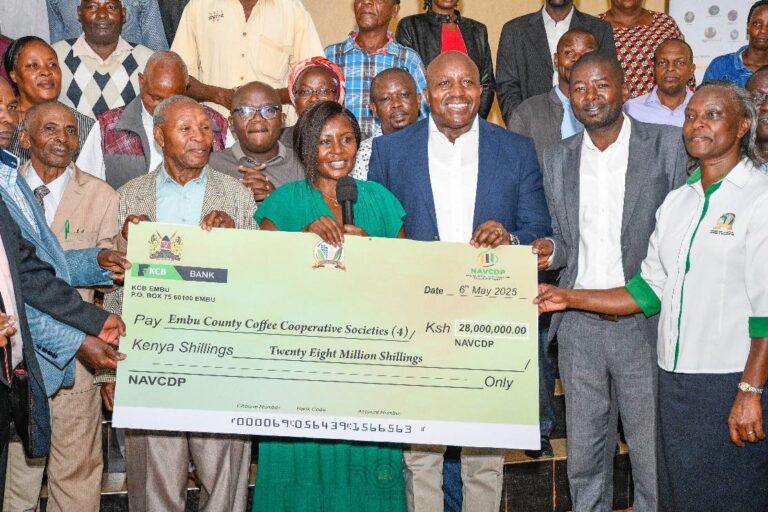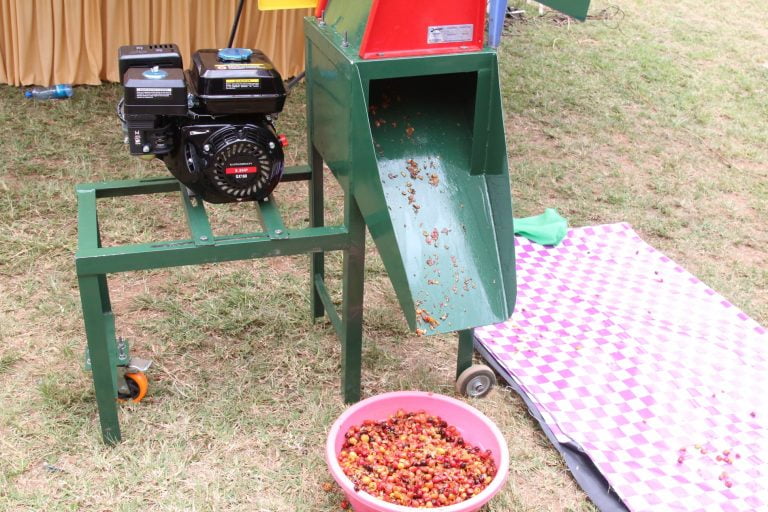By Henry Kinyua
About a month ago, the Nairobi Coffee Auction trading floor was closed in observance of social distancing directives from the Ministry of Health in response to the Covid 19 pandemic.
With the auction having taken place every Tuesday for the many years, the closure brought some confusion to players that also led to many rumours about the fate of the auction and farmers’ coffee currently unsold. The operators however regrouped and reopened the auction within a week, however this time all trading going digital. Therefore auction number 18, 19 20 and 21 have taken place digitally unlike previous ones that took place on the trading floor at the 2nd floor of Wakulima House along Haille Sellasie Avenue.

Today’s report will try and summarize sales number 19, 20, and 21 that took place on 15th, 21st and 28th April 2020 respectively.
Sale number 19 that took place on 15th April 2020, had a total of 21 buyers who participated in the trade and 9,780 bags of coffee were traded. Looking at the statistics further demonstrate that six companies bought 71% of the coffee that was presented.
Ibero Kenya limited bought the highest amount of 1,983 bags, C.Dormans ltd 1,480 bags, Skidmore International Ltd 1,190 bags, Taylor Winch ltd 852 bags, Kenyacof ltd 837 bags, and First Cup Limited completed tier one buyers by buying 640 bags.
With regard to price, the highest amount paid for a grade AA 50kg bag is $427 which is way lower than $465 paid in sale 18. However only 27 bags attracted this price and only 193 bags of the 9,780 bags presented to the market or 2% attracted a price of $400 and above per bag. Majority coffee traded at 68% or 6,717 bags attracted a price of between $199 and below leading to the overall lower average price (see table below)
| Price | Bags | |
| >400 | 193 | 2% |
| 300-399 | 484 | 5% |
| 200-299 | 2386 | 24% |
| 100-199 | 3363 | 34% |
| <100 | 3354 | 34% |
| Total | 9780 |
In Sale number 20 that took place on 21st April 2020, a total of 23 buyers participated in the trade and 17,854 bags of coffee were traded. Looking at the statistics further demonstrate that six companies bought 76% of the coffee that was presented by various dealers. Taylor Winch Ltd bought 4,463 which was the highest amount bought by one buyer, followed by Ibero (K) Ltd 3,486 bags, C.Dormans ltd 1,879 bags, Diamond Coffee Co Ltd 1,341 bags, Skidmore International Ltd 1,287 bags and Africof Trading Co Ltd 1,028 bags.
With regard to price, the highest amount paid for grade AA 50kg bag was $438 which was $11 more than the week before. However, only 10 bags attracted this price and only 101 bags out of the 17,854 bags or 2% presented to the market attracted a price of $400 and above per bag. Majority of coffee i.e. 76% or 13,459 bags attracted a price of $199 and below leading to the overall lower average price of $141 per bag (see table below)
| Price | Bags | |
| >400 | 101 | 1% |
| 300-399 | 718 | 4% |
| 200-299 | 3576 | 20% |
| 100-199 | 6368 | 36% |
| <100 | 7091 | 40% |
| Total | 17854 |
In Sale number 21 that took place on 28th April 2020, a total of 25 buyers participated in the trade and 12,485 bags of coffee were traded. Again like previous sales which now seems like the trend in this auction, six companies bought 79% of the coffee that was presented by various dealers. Of these buyers C. Dormans Ltd was top buyer, buying 3,459 bags followed by Ibero (K) ltd 3,246 bags, Diamond Coffee Co Ltd 1,447 bags, Taylor Winch Ltd 717 bags, Africof trading Co Ltd 536 and Servicoff Limited closed the top group by buying 494 bags.
With regard to price the highest amount paid for grade AA 50kg bag was $458 which was $20 more than the week before. However only 23 bags attracted this price and only 51 bags out of the 12,485 bags presented to the market or 0.4% attracted a price of $400 and above per bag. Majority of coffee i.e. 80 % or 9,986 bags attracted a price of $199 and below leading to the overall average price of $128 per bag (see table below)
| Price | Bags | |
| >400 | 51 | 0.4% |
| 300-399 | 354 | 3% |
| 200-299 | 2094 | 17% |
| 100-199 | 3247 | 26% |
| <100 | 6739 | 54% |
| Total | 12485 | |
In summary Nairobi Coffee Exchange (NCE) is where over 85% of Kenyan coffee is traded. The balance is sold through the second window or direct export. Some farmers chose not to sell through the exchange and independently enter into arrangements with buyers locally and internationally. In these arrangements NCE is used by various players for negotiations. Sellers in this case farmers looking to get a better deal than what they can get in the NCE and buyers using prices at NCE to negotiate for lower prices. Therefore, a well-functioning coffee exchange is beneficial to more players in the industry.


